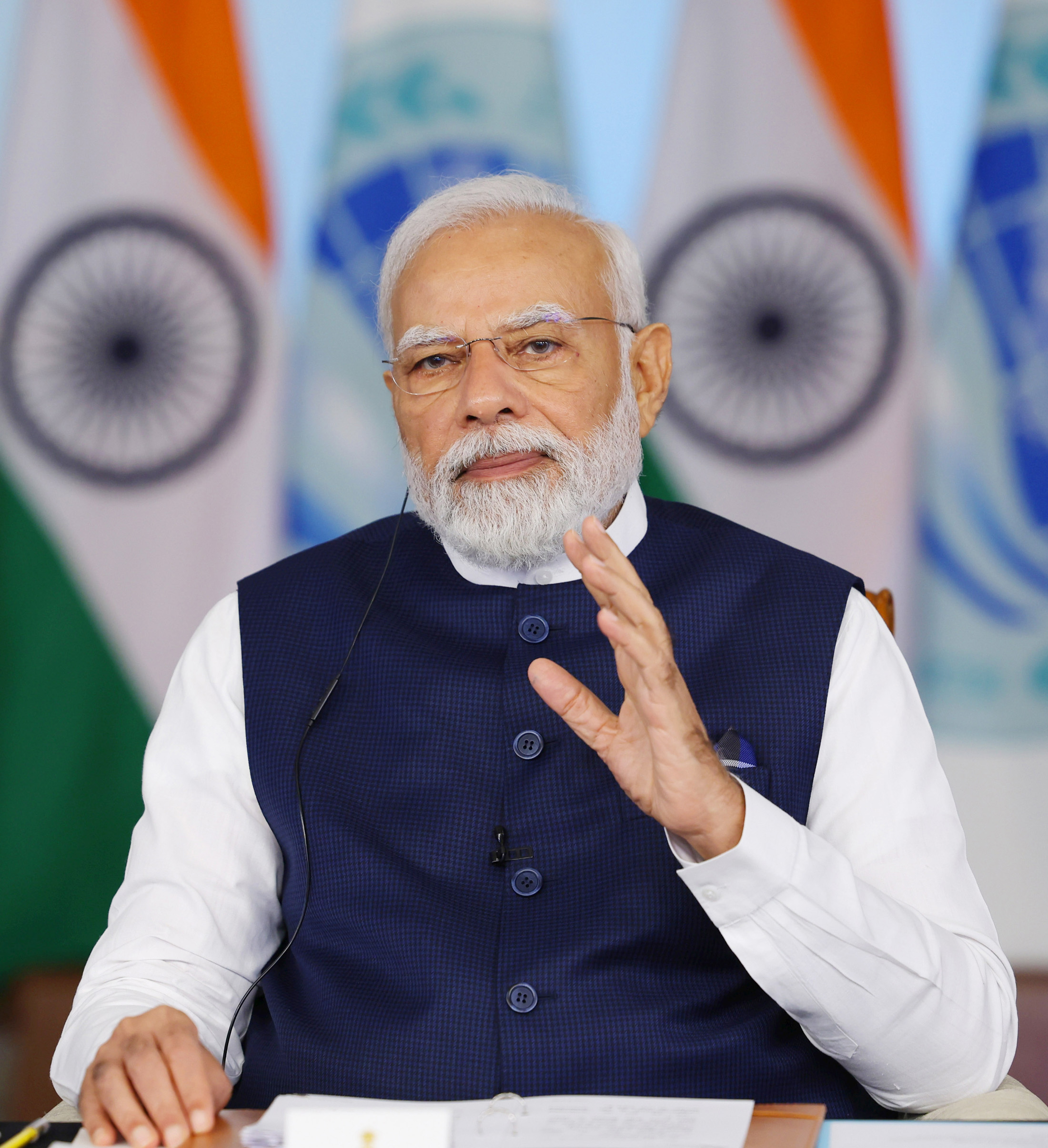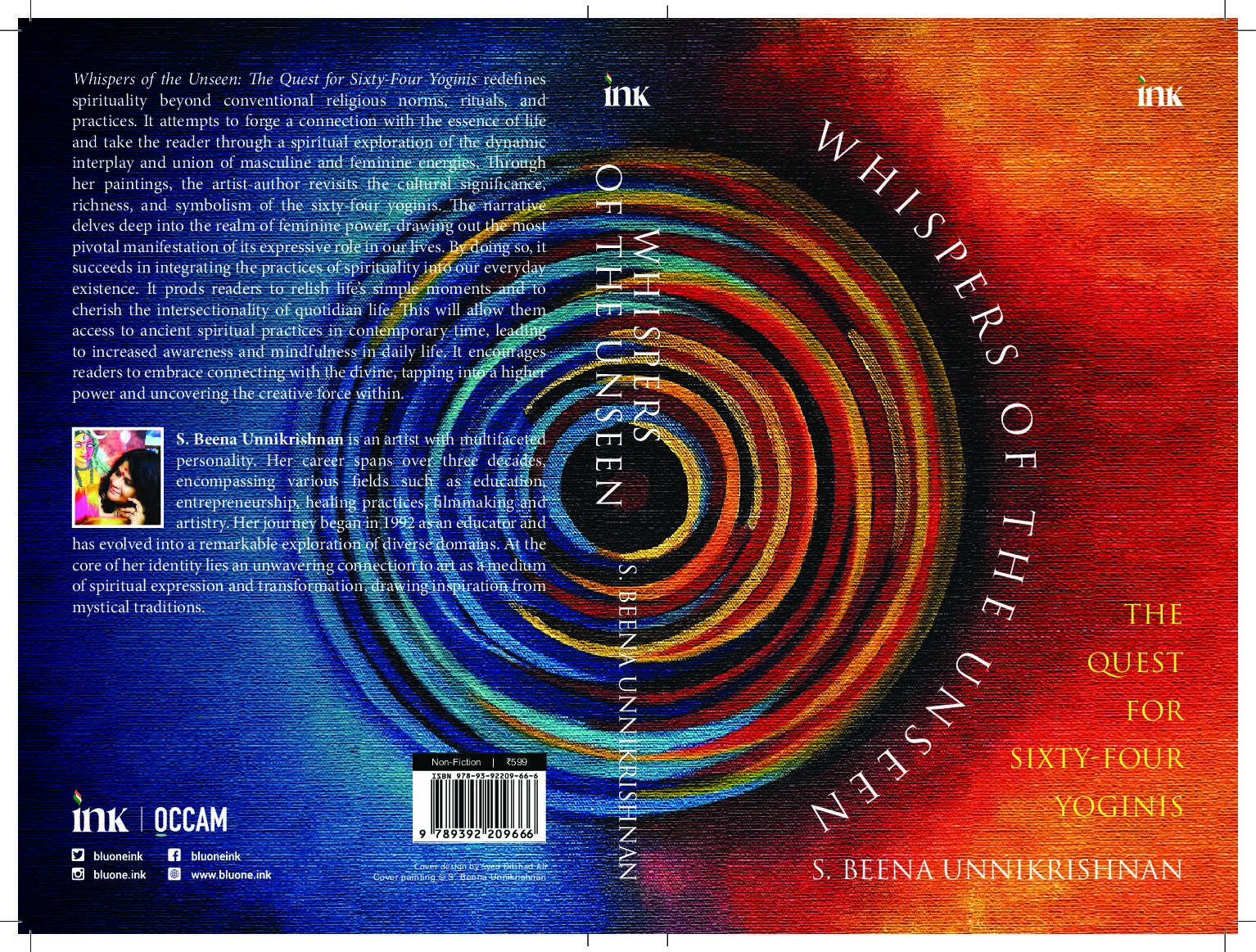MEA’s Gaza rants reflect Nehruvian hangover
PM Narendra Modi and Ministry of External Affairs don’t seem to be on the same page on Gaza
Ravi Shanker Kapoor | February 9, 2024 10:52 am

Prime Minister Narendra Modi and the Ministry of External Affairs don’t seem on the same page on Gaza. India acquiescing to Non-Aligned Movement (NAM) countries’ denunciation of Israel’s war on Hamas underlines the different perspectives over the issue.
Compare and contrast this with PM Modi’s support for Israel immediately after the October 7 attack: “Deeply shocked by the news of terrorist attacks in Israel. Our thoughts and prayers are with the innocent victims and their families. We stand in solidarity with Israel at this difficult hour.”
At the NAM summit, External Affairs Minister S. Jaishankar in the Ugandan capital of Kampala on January 19 said, “Right now, the conflict in Gaza is understandably uppermost in our minds. This humanitarian crisis requires a sustainable solution that gives immediate relief to those most affected.”
For good measure, he added, “We must also be clear that terrorism and hostage-taking are unacceptable.” This was in line with India’s decades-old stand against terrorism, but then he also said, “At the same time, international humanitarian law must always be respected by all states. It is also imperative that conflict does not spread within or beyond the region.”
This is the worst kind of hedging one would expect from a nation that aspires to become a global power, for it diluted our uncompromising stand on terrorism, as expressed in the Prime Minister’s October 7 tweet. This is because India has been a victim of terrorism for decades, most of which is aided and abetted by Pakistan, which also happens to be the world’s engine of terror. These are well-known and well-documented facts. Osama bin Laden, for instance, was hiding in Pakistan when he was killed by US forces.
Israel is also a victim of terrorism, which is funded and armed by Iran and other nations. The Jewish state’s predicament is similar to India’s. One reason that India suffered so grievously was that the Western world largely ignored or downplayed jihadist violence before the September 11 attacks on America. While the US and other Western nations have been supportive of Israel in its struggle for survival, they are somewhat constrained because the climate of opinion in these countries has increasingly become anti-Israel.
Worse, it is not just in the Western countries that the climate of opinion has turned anti-Israel, but in all over the world; this is evident from the NAM’s condemnation of Tel Aviv. In general, the United Nations leaves no stone unturned in subjecting Israel to calumny and canards. There is a joke doing the rounds in conservative circles in the West that if the UN were to form a football team, it would play against Israel.
How did we get here? It will not be possible to analyze this fully in a media article, but the short answer is: the increasing influence of postmodern doctrines and dogmas like critical race theory and DIY (diversity, equity, inclusion) on academics, mainstream journalists, public intellectuals, and other opinion makers.
In India, while PM Modi is immune—even hostile—to the pernicious influence of these ideas, the same cannot be said about the Ministry of External Affairs. Senior MEA officials are guided by the ideas which were cherished by the country’s first prime minister Jawaharlal Nehru (towards whom the Modi regime is particularly averse). It may be mentioned here that Nehru (1947-64), though personally Westernized, was rabidly anti-Western in international affairs. A committed socialist, he was a chief architect of NAM.
This is not to say that Modi is pro-West; the ideology of his party, Hindu nationalism, is not very favorably disposed towards the West. Yet, owing to China’s expansionism and anti-India activities, under him India has come very close to the West, its membership of the Quad with the US, Australia, and Japan being a testimony to that drift.
The growing economic ties also brought Delhi and Washington closer. The US has emerged as India’s largest trade partner, with a $19.59 billion surplus in the April-October period. In contrast, with China, the second largest partner, our deficit was $51.11 billion. Besides, India-US interaction in terms of investment, technology transfer, defence deals, etc., is also growing.
Further, India’s relations with Israel, the US’ ally in the Middle East, have also widened and deepened since Modi came to power in May 2014. While India established full diplomatic ties with the Jewish state in 1992, it was only in the last 10 years that they blossomed under Modi. His unequivocal support for Israel should be seen in this context.
Against this backdrop, Jaishankar’s predilection towards the Left-liberal narrative is problematic, for it translates into what Hamas wants: cessation of hostilities in Gaza, so that it can recoup and prepared more jihadists from those who have faced the wrath of Israel’s military action, thus perpetuating the cycle of violence in the region. The narrative—which is peddled by the liberal establishment all over the world, including the mainstream media—is at odds with PM Modi’s policy tilt towards Israel. Therefore, from the Indian perspective, the need of the hour is to rein in Jaishankar and his Ministry.






























